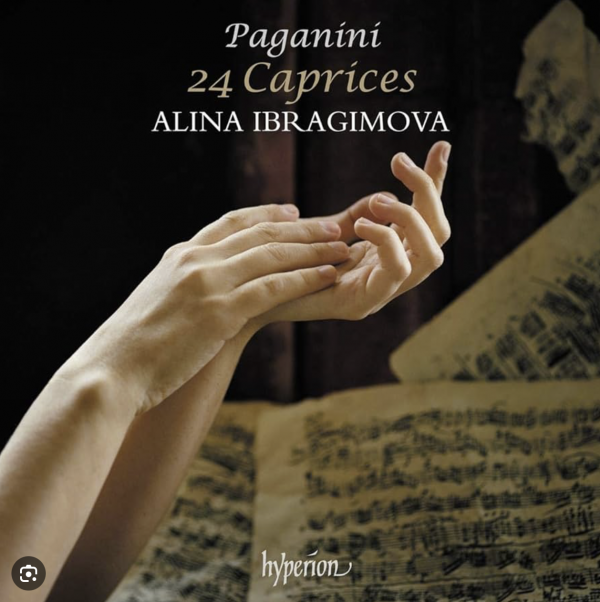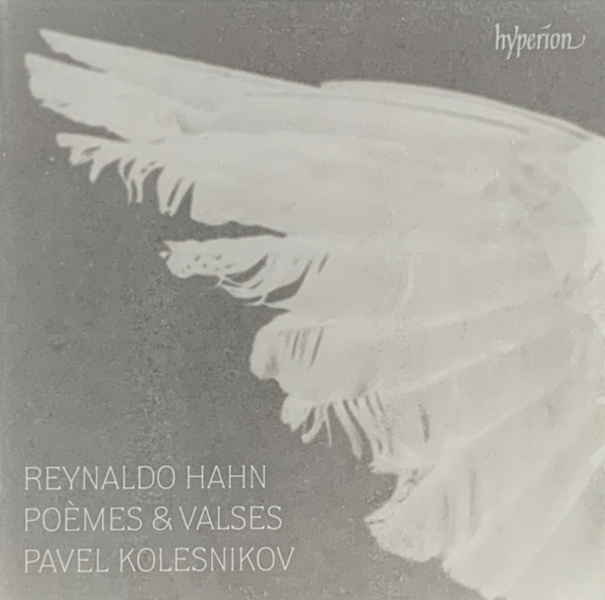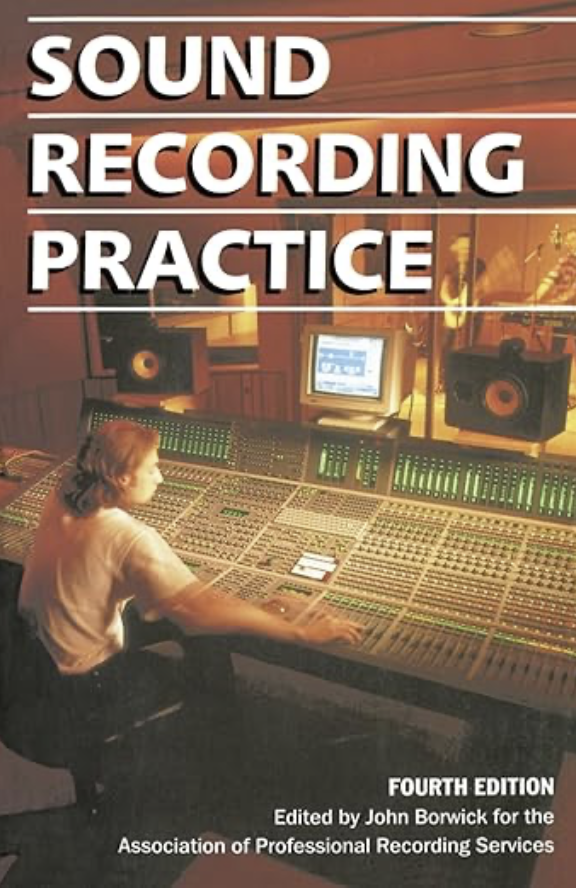And honestly, i believe source material and playback equipment have serious shortcomings. There is not a lot of really well recorded works.
That's rather disrespectful of the sound recording industry.
Over here in the UK, there is a clear path of excellence in recording going back 100 years, very much in parallel with developments in the USA. The advantage over here was that EMI and Decca with their research facilities and recording venues based in London also had an extraordinary wealth of music talent a taxi ride away, often just a short walk. That gives us the pleasure of being able listen to world class performances on a regular basis and then go home and listen to their equally magnificent recordings. Jared Sachs of Channel Classics (Amsterdam) has made some of the best recordings of the last couple of decades, including with Rachel Podger at St Judes, a church I can see here from my window. In particular, at Decca you had Arthur Haddy and his protege Kenneth Wilkinson (of Decca Tree and ffrr fame), who made thousands of great recordings. Wilkie's protege is Simon Eadon, who was as Decca for 27 years and is still going after 50+ years.
The rather bizarre RCA Victor Royal Ballet/Ansermet 1959 recording that people rave about (now on Analogue Productions) was actually a Decca production, engineered by Kenneth Wilkinson at Kingsway Hall, one of Decca's main venues.
If you want a reference, try this one, engineered by Simon Eadon during extreme lockdown in Henry Wood Hall, a favourite venue for many record labels for some 50 years. I've heard this performer many times and on my humble audio system it takes you very deep into the music.

Another favoured venue is St Silas (
https://www.discogs.com/label/385986-Church-Of-St-Silas-The-Martyr-Kentish-Town).

This St Silas recording, by a close friend of AI above, who we've also heard perform many times, was engineered by David Hinitt. He trained at Surrey University, where the Music Recording course was run by John Borwick, probably the leading recording engineer of his time and who trained a generation of BBC recording engineers. (He was also an audiophile and was the Audio editor of Gramophone for about 30 years.) His reference book has been in print for over 40 years.

In my experience, recorded music has only one real shortcoming that can be fully explained in a few words - "it's not live". That aside, there are many thousands of incredibly well recorded productions, more than I could listen to in my lifetime.
16/44 PCM was chosen to provide more than enough dynamic range for human hearing. I have some recordings from the 1970s that were done in 14-bit PCM, so 16-bit was not a given. One of the skills of the recording engineer is, if necessary, to compress the recorded sound so that it is audible in a typical listening space. There are some recordings with too much dynamic range that cannot be played in a decent audio room without tweaking the volume.
So a big shout-out for recording engineers who continue to do a great job and provide magnificent source material with lots of "inner detail".














